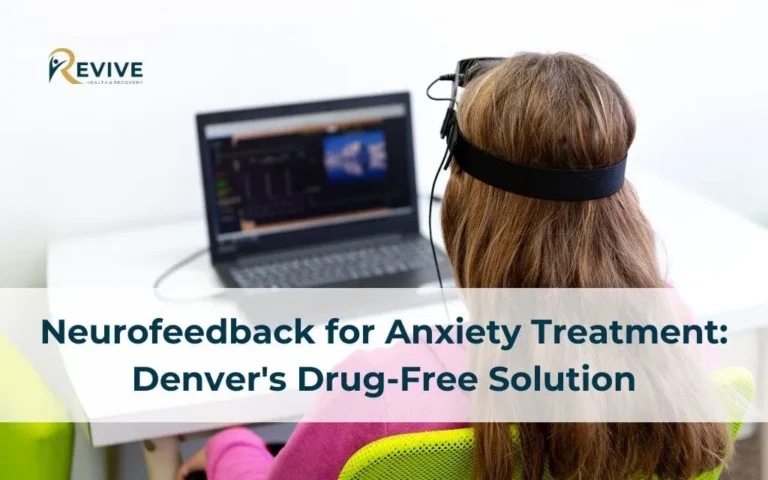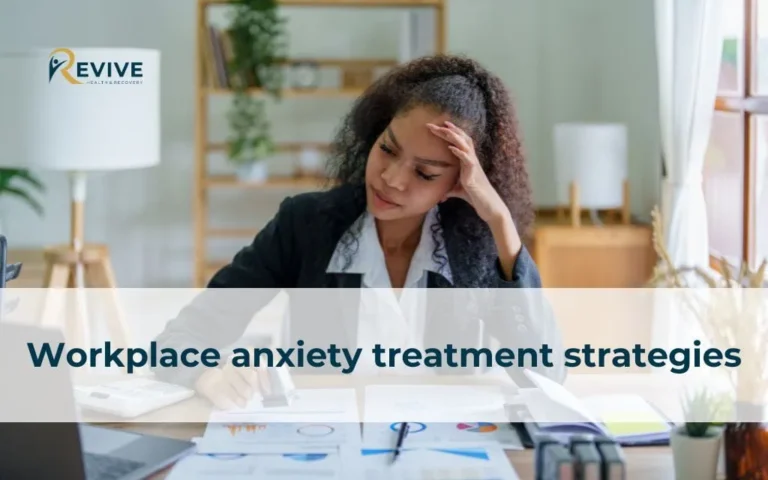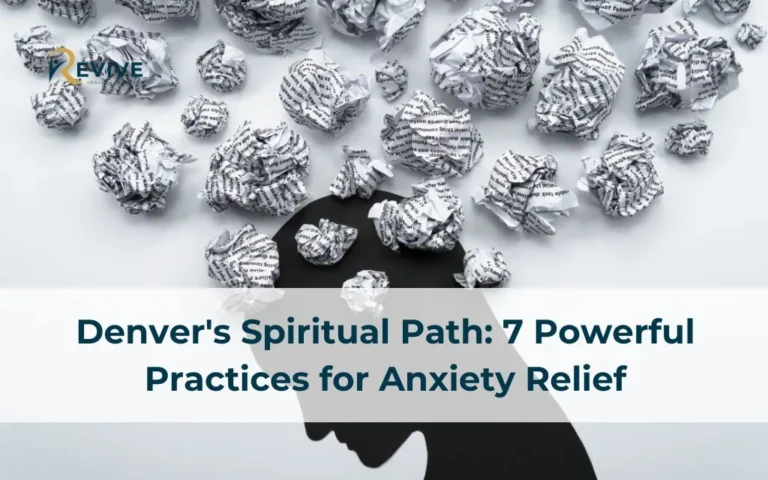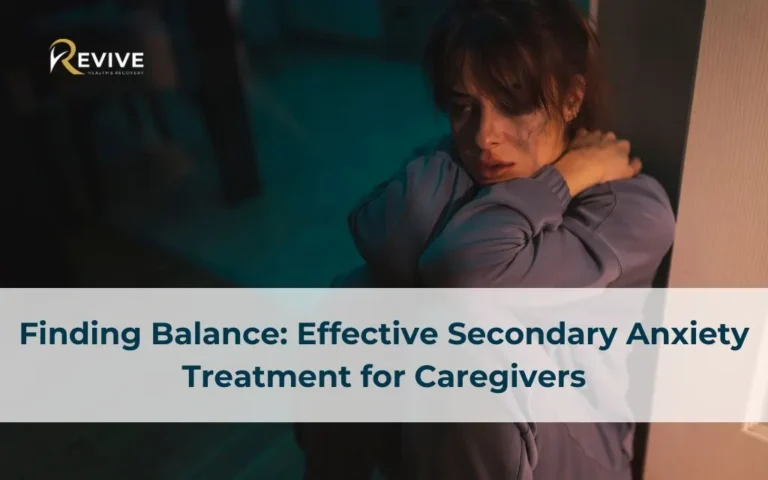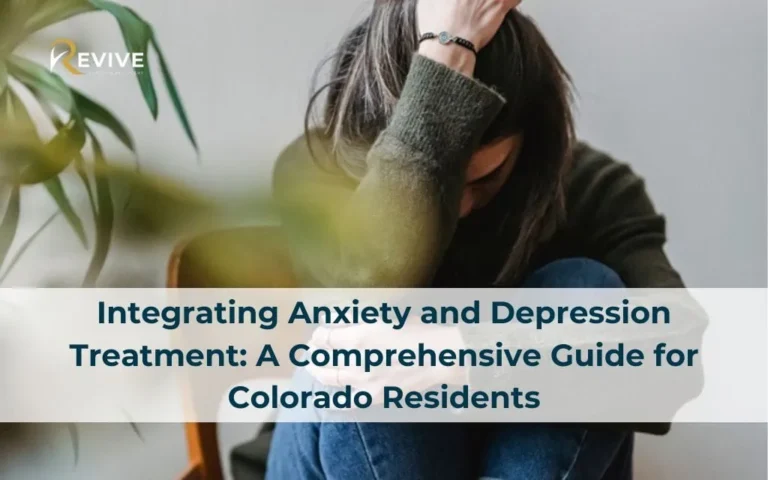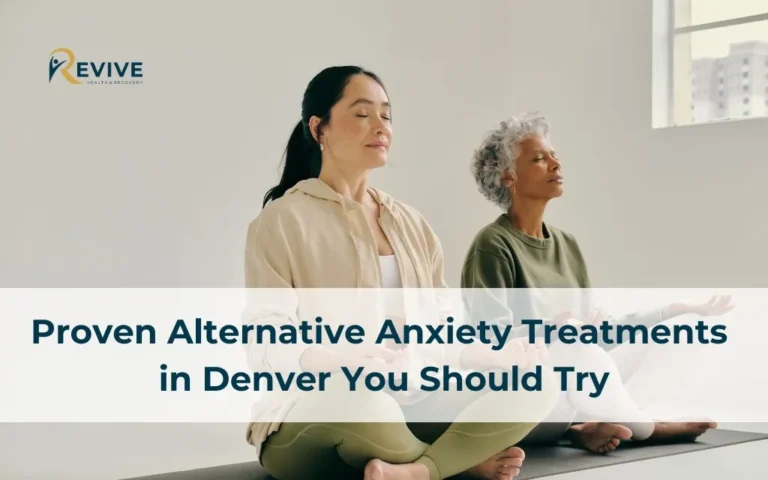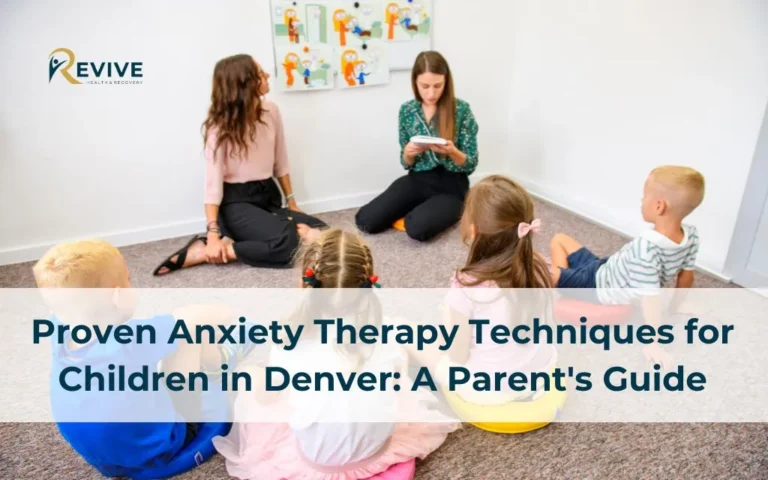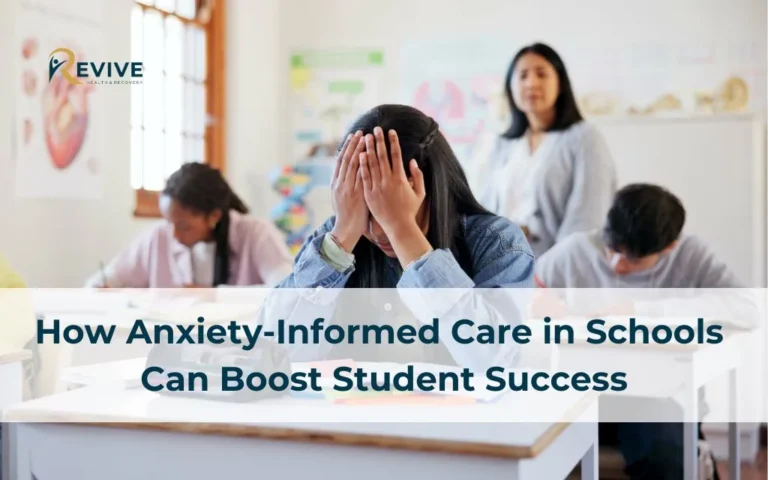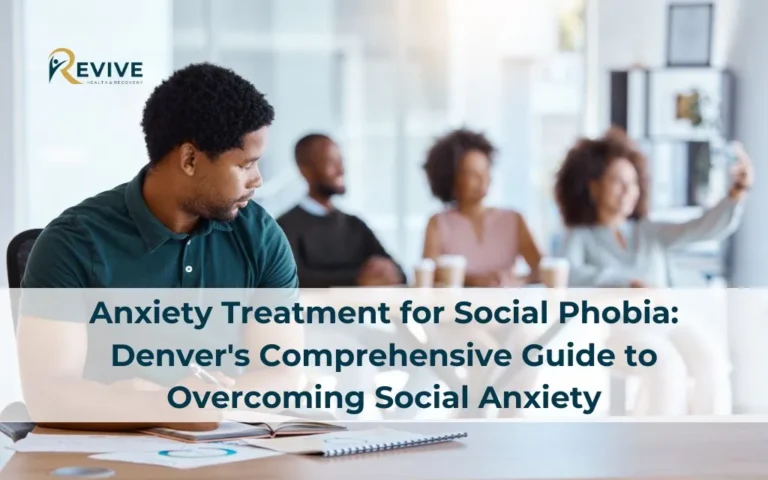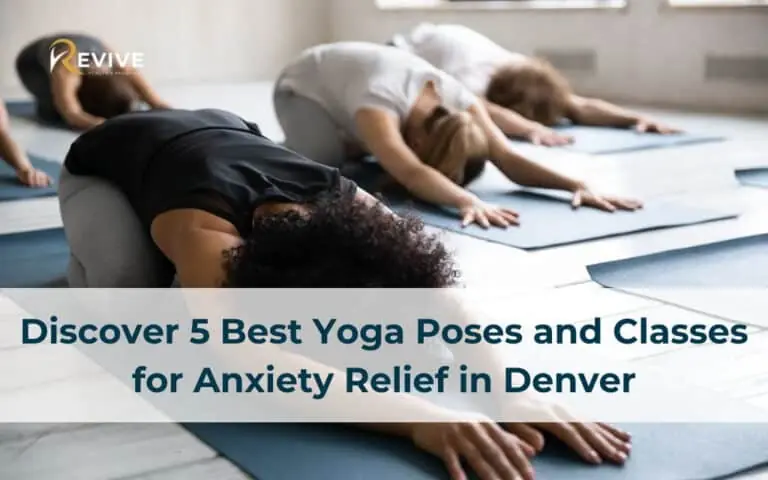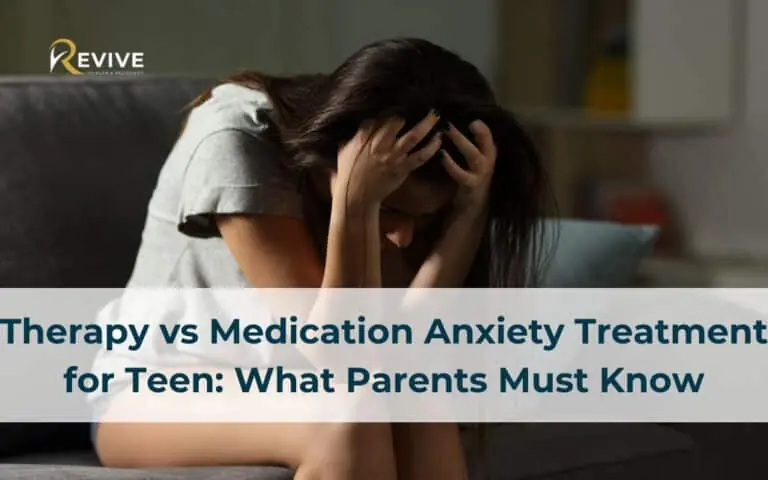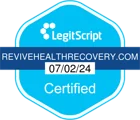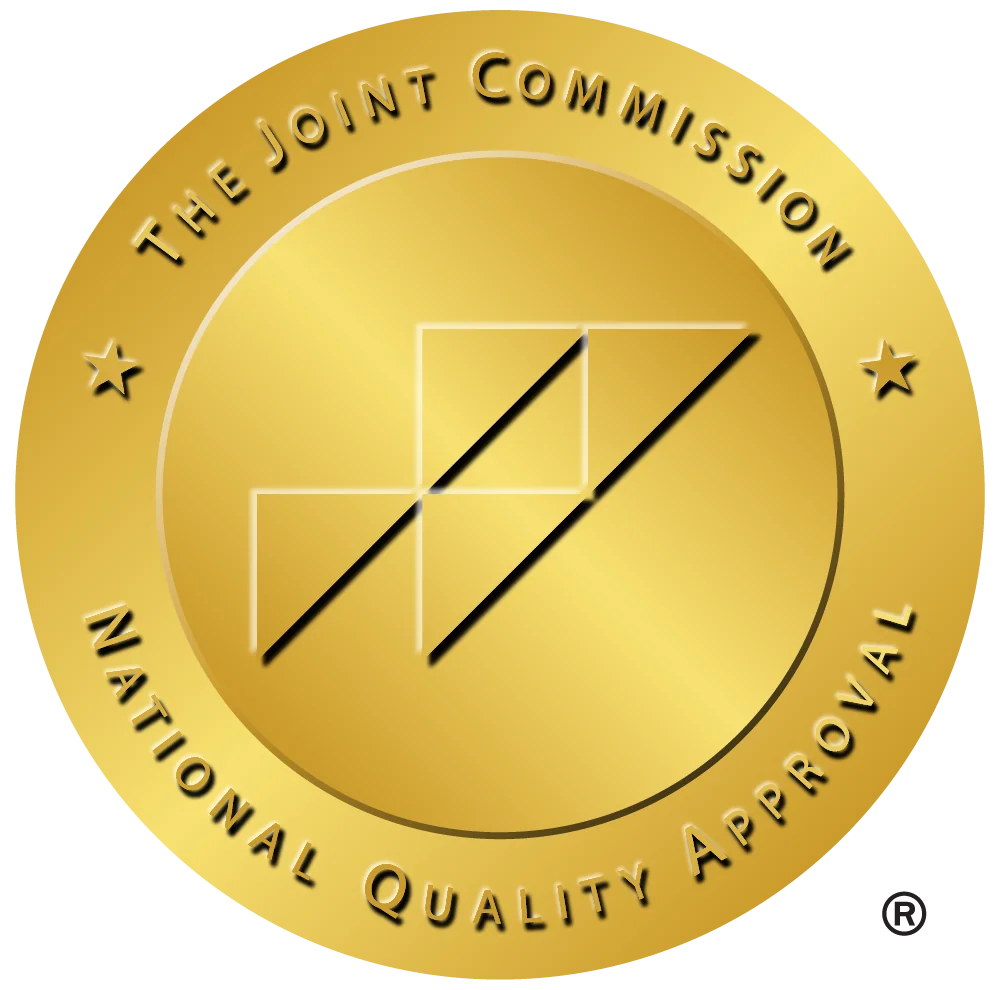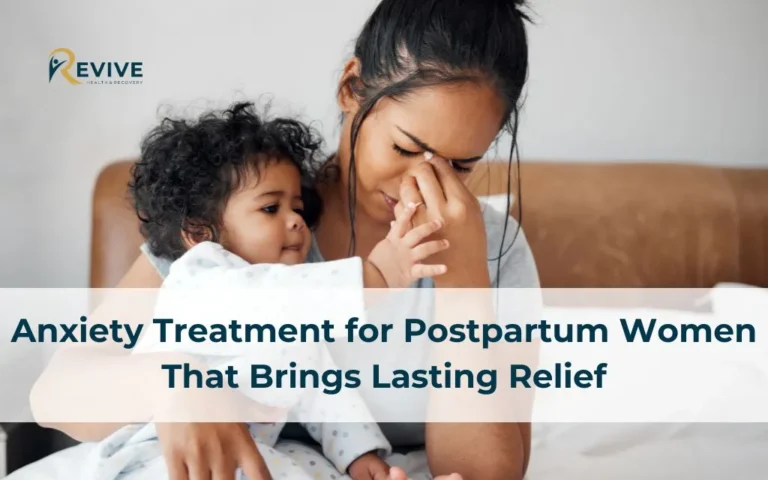
What is the Best Treatment for Anxiety Disorders? Exploring 4 Effective Options
Anxiety disorders affect about 40 million adults – nearly 19% of the population and are one of the most common mental health conditions in the United States. Moreover, approximately 7% of children from 3 to 17 years old also experience anxiety each year.
The good news is that anxiety disorders are treatable. Modern psychological treatments offer effective ways to help individuals overcome anxiety and return to their everyday lives.
Read this blog to learn more about anxiety disorder and anxiety treatments with Revive Health Recovery!
What is anxiety disorder?
Anxiety is a natural response to stress, and in mild amounts, it can be helpful, alerting us to danger and helping us focus. However, anxiety disorders are different from daily nervousness we usually face.
The person who has anxiety disorder can be too fearful or stressed to perform tasks like job, schoolwork,… and tend to avoid situations that may trigger or worsen symptoms.
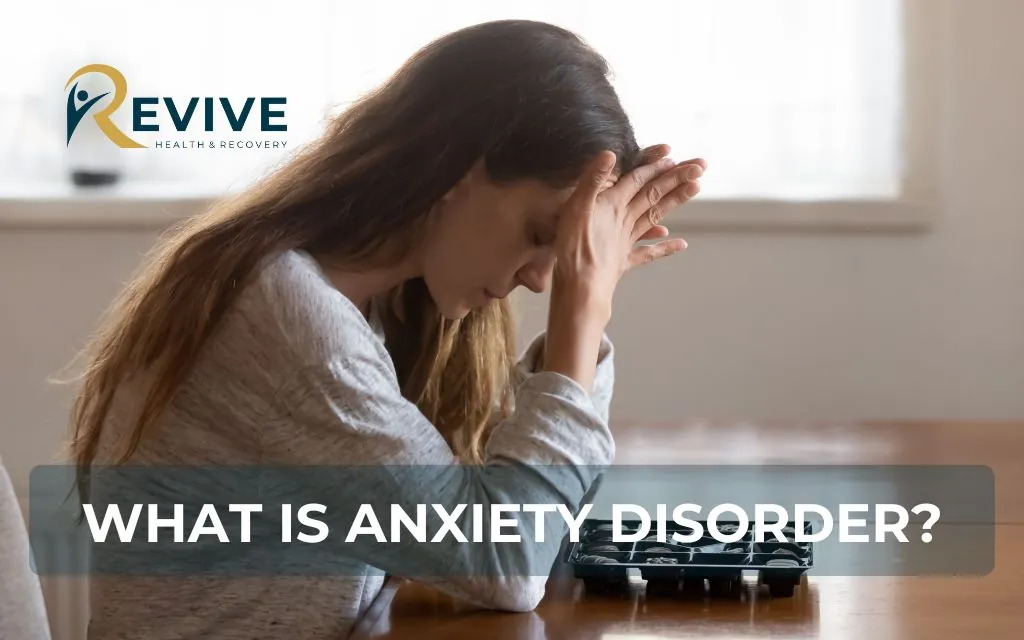
Types of anxiety disorder
There are several types of anxiety disorder include:
- Generalized anxiety disorder (GAD)
- Social anxiety disorder
- Panic disorder with or without agoraphobia
- Specific phobias
- Separation anxiety disorder
- Selective mutism
- substance or medication-induced anxiety disorder
What are anxiety disorder symptoms?
Common signs and symptoms of anxiety include:
- Feeling nervous, restless, or tense
- A sense of impending danger, panic, or doom
- Increased heart rate
- Rapid breathing (hyperventilation)
- Sweating
- Trembling
- Feeling weak or fatigued
- Trouble concentrating or focusing on anything besides the present worry
- Trouble sleeping
- Gastrointestinal issues
- Difficulty controlling worry
- An urge to avoid situations that trigger anxiety
What is the treatment for anxiety disorder?
Mild, temporary anxiety symptoms without social or occupational impairment may not require treatment. However, anxiety treatment becomes necessary when it leads to significant distress or complications like depression, substance abuse, or suicidal thoughts.
The primary treatments for anxiety disorders are psychotherapy and medications, and a combination of both may be most effective. Finding the right treatment can take some trial and error to determine what works best for you.
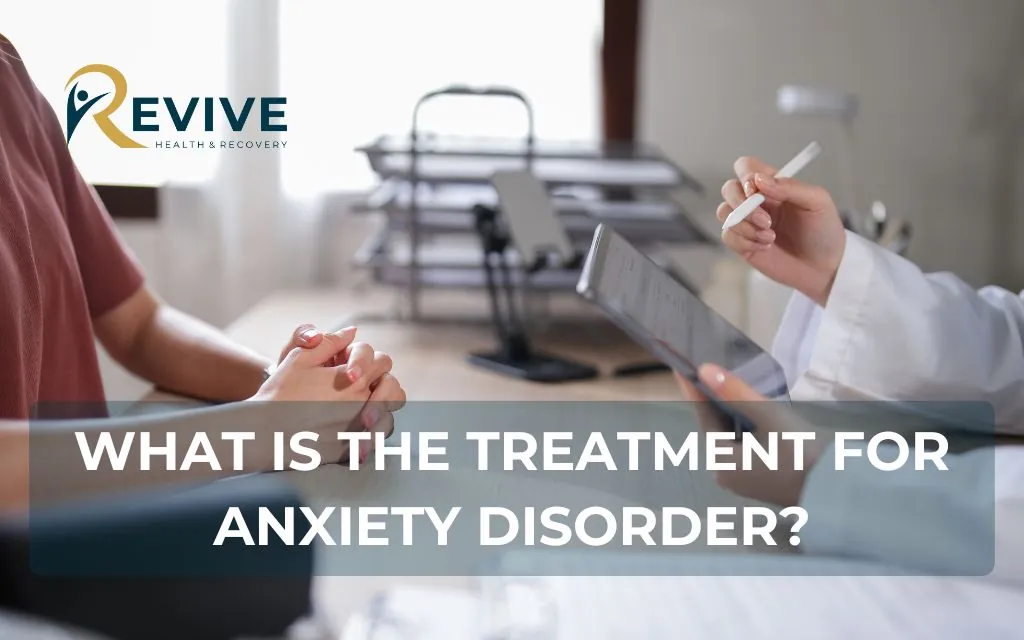
Here are several treatments for anxiety disorder:
- Psychotherapy
- Medications
- Lifestyle and home remedies
- Alternative medicine
Psychotherapy
Psychotherapy, often called talk therapy or counseling, involves working with a therapist to alleviate anxiety symptoms and can be highly effective. Cognitive behavioral therapy (CBT) is the most proven approach for treating anxiety disorders.
This short-term therapy teaches specific skills to help reduce symptoms and gradually reintroduce activities you’ve avoided due to anxiety. A key part of CBT is exposure therapy, where you slowly face anxiety-triggering situations or objects to build confidence in managing your anxiety.
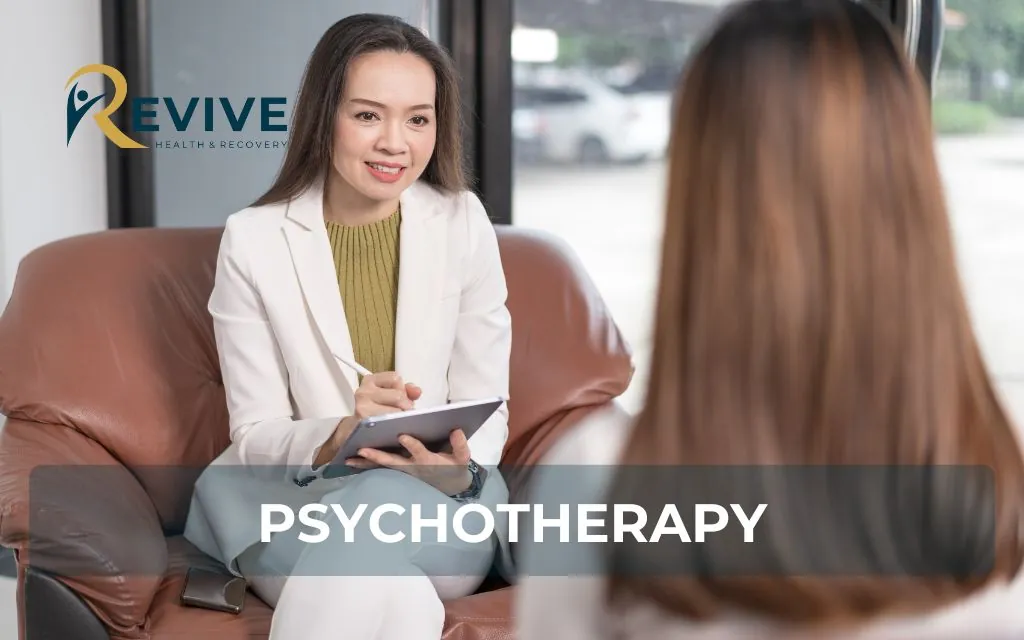
Medications
Different medications can be prescribed for anxiety treatment to help manage symptoms, depending on the type of anxiety disorder and any other mental or physical health conditions you may have. For example:
- Some antidepressants are also used to treat anxiety disorders.
- Buspirone, an anti-anxiety medication, may be prescribed.
- In certain cases, your doctor might recommend medications like sedatives (benzodiazepines) or beta blockers. These are meant for short-term relief and are not intended for long-term use.
How many ketamine treatments are needed for anxiety disorder?
Ketamine infusions are an effective treatment for anxiety disorder, severe depression, suicidal thoughts, PTSD, and other mental health conditions, especially when traditional treatments like antidepressants don’t work. But how many sessions are actually needed?
The number of ketamine treatments varies based on the treatment goal, the response to initial sessions, and other factors. Typically, patients undergoing ketamine infusions for depression or mood disorders receive three to six sessions over several weeks. After the first few sessions, adjustments may be made based on the results and any side effects experienced.
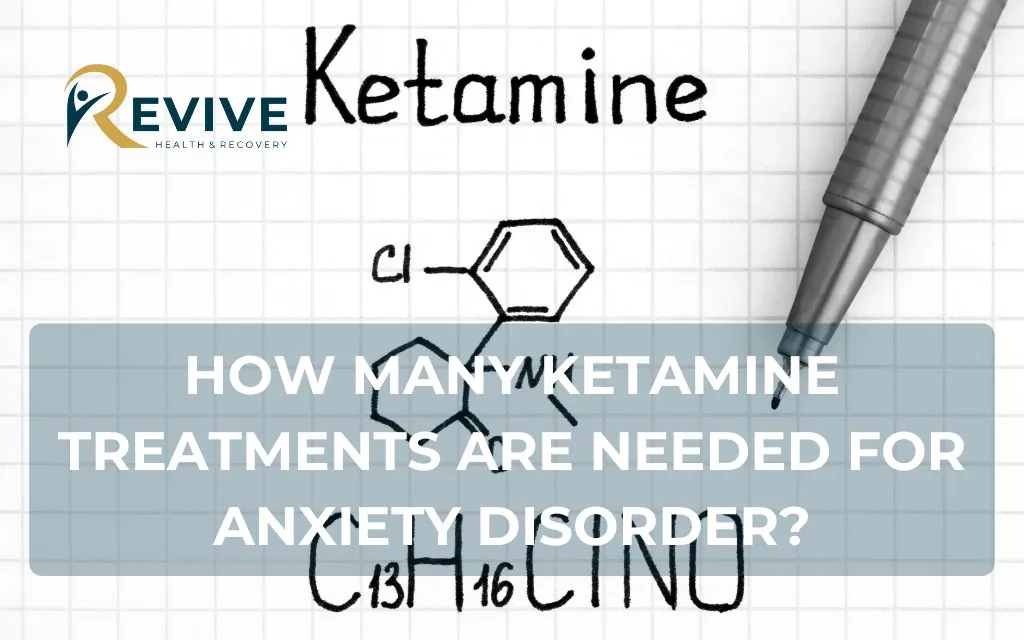
What possible side effects of ketamine treatment for anxiety disorder?
Although ketamine infusion is one of the most effective treatments for anxiety, it does have limitations. These may stem from its dissociative effects or the potential for addiction associated with the anesthetic.
Some common short-term side effects include:
- Dizziness, nausea, and vomiting
- Disorientation and lack of coordination
- Elevated blood pressure or heart rate, and increased body temperature
- Visual or auditory hallucinations
Potential long-term side effects (these are still under study) include:
- Tolerance
- Physical dependence
- Dissociation syndrome
- Ketamine addiction
Lifestyle and home remedies
While many people with anxiety disorders benefit from therapy or medication, lifestyle changes can also help manage anxiety. Here are a few things you can do:
- Make sleep a priority
- Stay active and spend time outdoors
- Eat a balanced, nutritious diet
- Limit or avoid alcohol and other substances
- Meditation
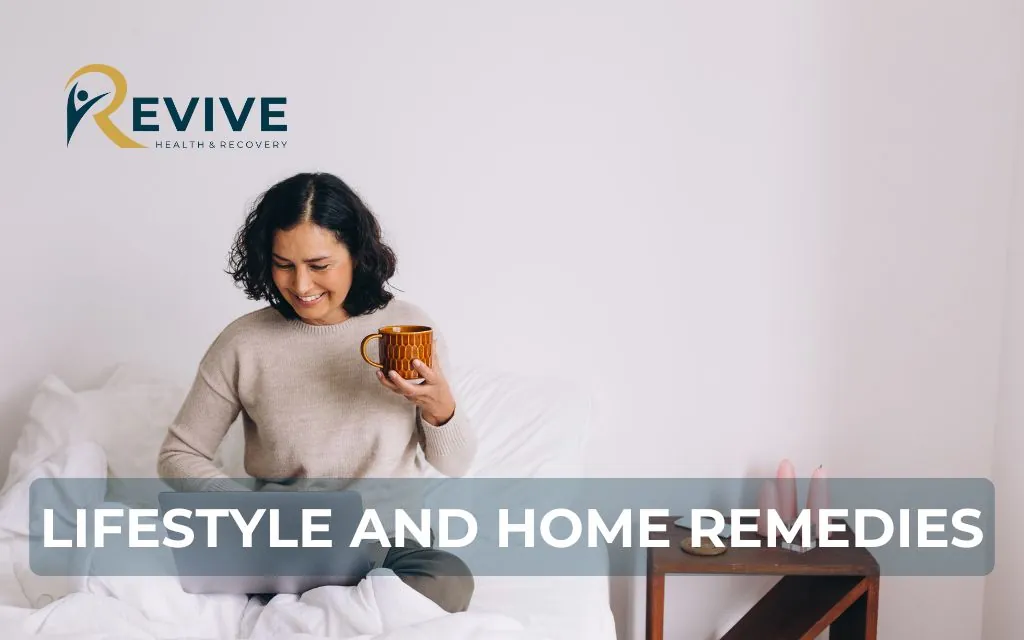
Make sleep a priority
Sleep plays an important role in mental health. Experts suggest adults aim for seven to nine hours of sleep each night and stick to a regular sleep routine, even on weekends. Make sure you’re getting enough rest. If you’re having trouble sleeping, consider seeing your doctor.
Stay active and spend time outdoors
Daily exercise can help ease symptoms of anxiety. Moving your body boosts the production of serotonin and endorphins, which can improve your mood and help you manage stress. Exercise may also reduce fatigue, lower tension, and lift your spirits.
Not sure where to begin? Yoga is a great option, as it combines controlled breathing and physical focus to reduce stress and anxiety. Doctors also recommend spending time outdoors, as even a few minutes of fresh air and sunlight can brighten your mood.

Eat a balanced, nutritious diet
When we’re stressed, it’s common to overlook healthy eating and opt for comfort foods. Doctors suggest a simple tip: drink more water when you’re feeling upset. Staying hydrated can improve both your diet and mood, as even mild dehydration can affect how we feel.
Also, focusing on a diet rich in vegetables, fruits, whole grains, and fish may help lower anxiety, though further research is needed to confirm this.
Limit or avoid alcohol and other substances
Alcohol is a depressant, and while it might make you feel relaxed in the moment, there’s often an aftereffect. You might wake up feeling anxious or on edge the next day. And even just one drink can disrupt your sleep cycle, leaving you restless the following day.
If you’re taking antidepressants or other medications, mixing them with alcohol can worsen your symptoms and lead to unwanted side effects.
Meditation
Meditation can promote relaxation and a calmer mind, helping to reduce stress and ease anxiety. Even a few minutes of meditation can clear your mind of daily stressors and help regulate your emotions. This practice may play a crucial role in reducing symptoms of anxiety and depression.
Alternative medicine
Several herbal remedies can be a potential anxiety treatment, but more research is needed to fully understand their risks and benefits. Unlike medications, herbal and dietary supplements aren’t closely regulated by the FDA, so you can’t be sure of their safety. Some supplements may also interfere with prescription medications or cause harmful interactions.
If you plan to use some herbal remedies or supplements, just consult your doctor to ensure they’re safe for your health.
Conditions that can be confused with anxiety disorders
Anxiety disorders often occur together, with around half of adults experiencing more than one type. They also commonly coexist with other mental health conditions (like depression), with overlapping symptoms across different diagnoses.
Is anxiety disorder depression?
One of the most common conditions that co-occurs with anxiety is depression, with about 60% of people with anxiety also reporting depressive symptoms. Similarly, many individuals with depression experience anxiety as well. However, these are different conditions.
While many researchers are not so sure why, one theory suggests that their overlapping symptoms often lead to people meeting the criteria for both disorders.
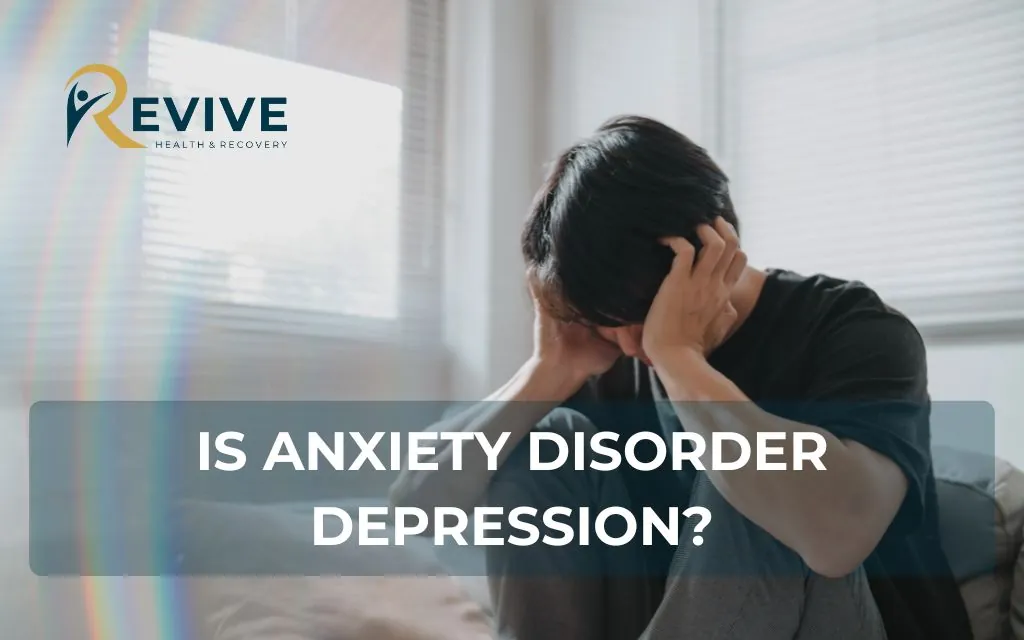
Is anxiety disorder selective mutism?
In children, a condition which is quite confused with anxiety is selective mutism, where they are unable to speak in social settings when expected, such as in school or group activities.
While they typically speak freely with close family, they often remain silent around others. Selective mutism usually starts before age 5 but may not be noticed until a child begins school. Although many children outgrow this condition, they may continue to experience symptoms of social anxiety.
What is the best treatment for depression and anxiety?
Anxiety and depression share similar treatment approaches. Both conditions often improve with psychotherapy (talk therapy), medications like antidepressants, or a combination of both.
Lifestyle changes, such as improving sleep, increasing social support, reducing stress, and staying physically active, can also be beneficial.
If you have either condition, it’s important to avoid alcohol, tobacco, and recreational drugs, as they can worsen symptoms and interfere with treatment.
Conclusion
In conclusion, anxiety disorders are highly treatable with a range of effective options, including psychotherapy, medication, and lifestyle changes. Cognitive Behavioral Therapy (CBT) is especially effective, and medications like antidepressants, along with short-term relief options, can also help.
Anxiety treaments often requires a personalized approach, combining different treatments for the best results. Always consult with a healthcare professional to find the right plan for you, and remember that with the right care, recovery is possible.
Contact Revive Health Recovery now to start your healing journey!
